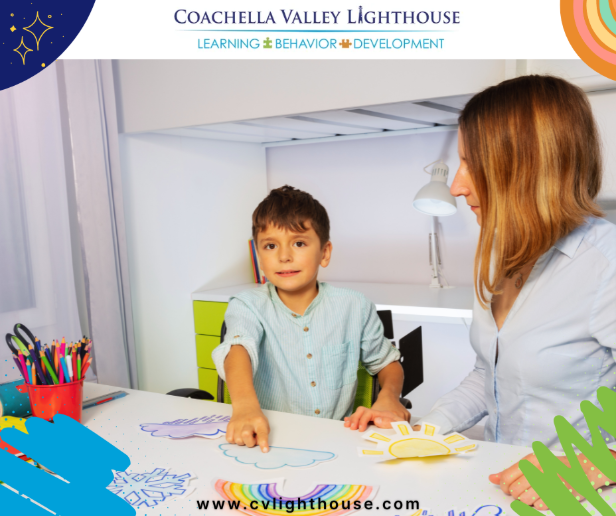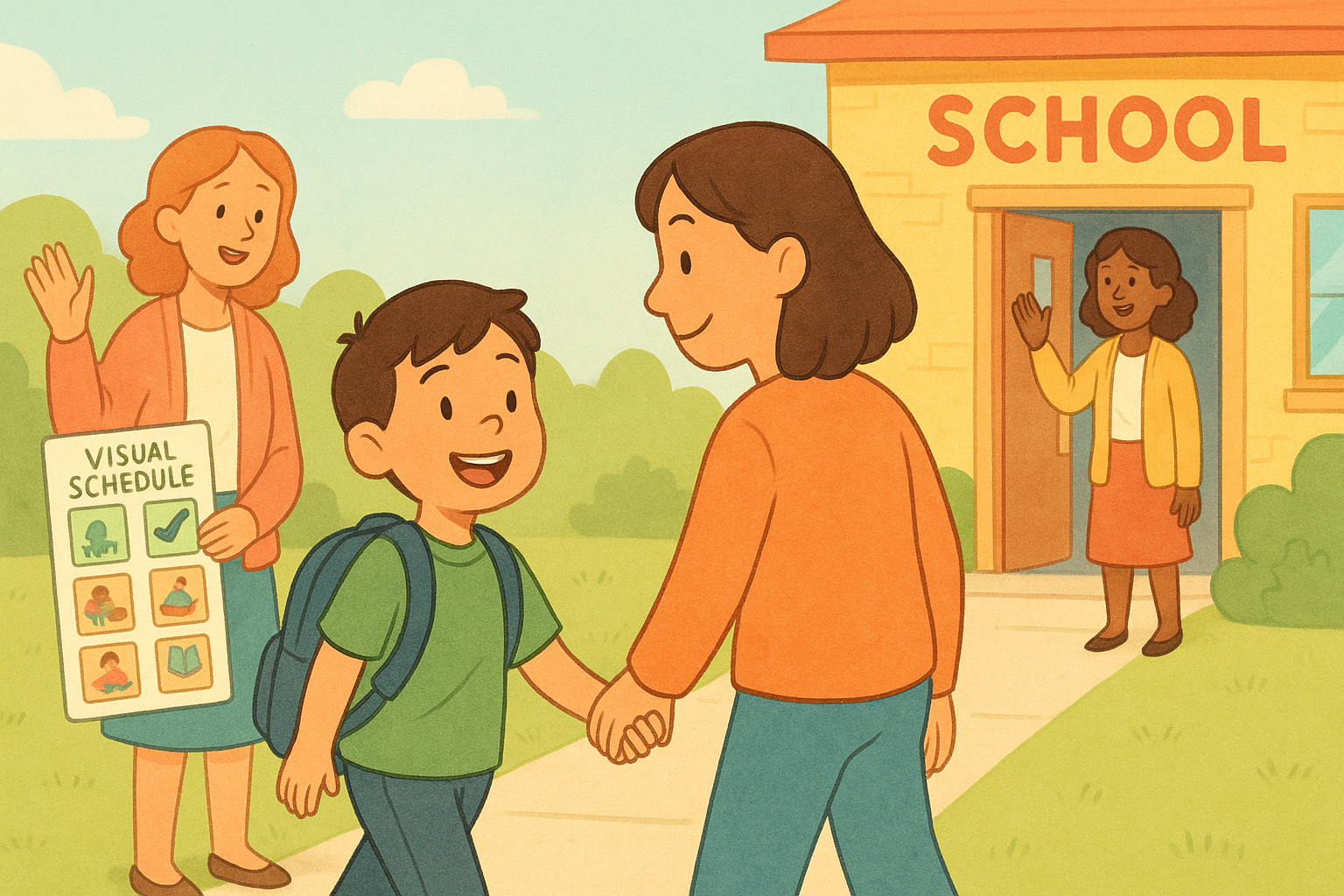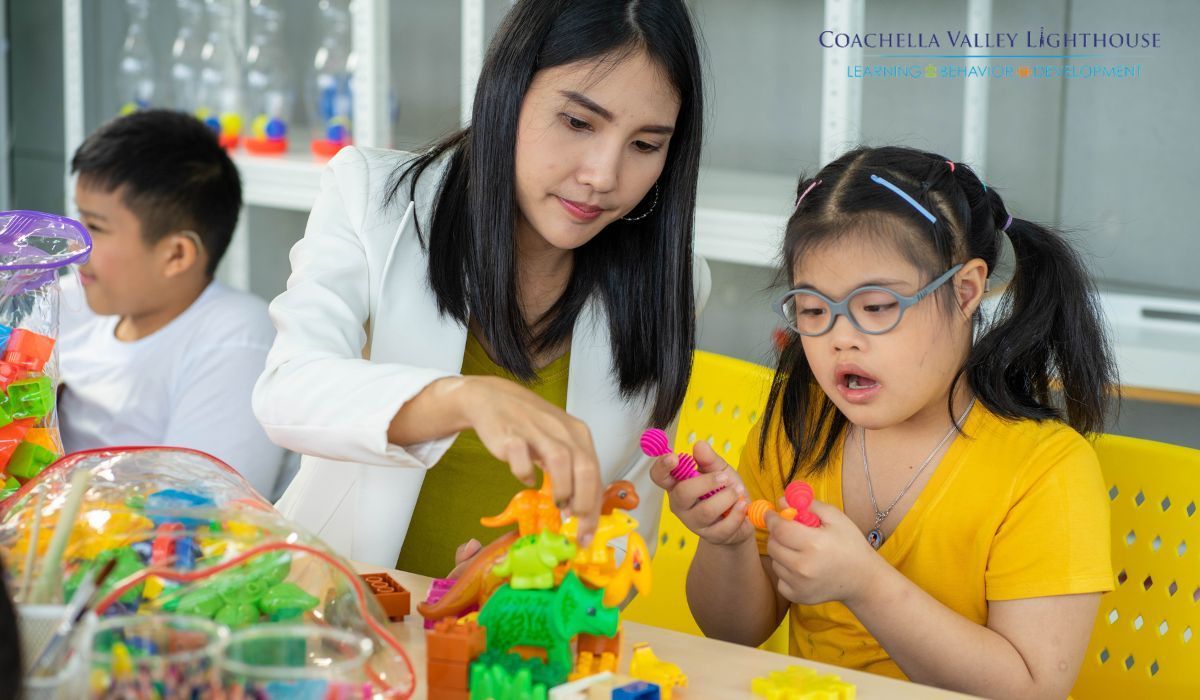ABA Family Therapy: Nurturing Positive Relationships in Autism Families
Sibling relationships are among the most enduring bonds one can experience. In families with a child diagnosed with autism, these dynamics often undergo unique challenges and opportunities. Nurturing positive relationships among siblings in autism families requires understanding, empathy, and proactive measures to foster understanding and support. This article delves into the complexities and strategies involved in ABA Family Therapy promoting harmonious sibling dynamics within the context of autism.
Understanding Autism and its Impact on Sibling Dynamics
Autism Spectrum Disorder (ASD) encompasses various conditions marked by social, behavioral, and communication challenges. Each person with autism exhibits distinct strengths and difficulties, impacting family dynamics uniquely. In the context of
aba therapy for children, understanding a sibling's autism is crucial. This journey involves learning about the disorder's traits, strengths, and challenges. This knowledge empowers siblings to grasp their brother or sister's behaviors, communication disparities, and emotional reactions, nurturing patience and acceptance.
The Role of Communication and Education
Open and age-appropriate communication about autism within the family is paramount. Parents can facilitate discussions, explaining autism in a way that siblings can understand, encouraging questions, and addressing misconceptions. This transparent environment helps dispel misunderstandings and nurtures empathy and acceptance among siblings.
Education also plays a crucial role. Encouraging siblings to learn about autism through books, videos, or support groups designed for siblings of individuals with ASD aids in comprehending the condition and its impact on family life.
Fostering Empathy and Support
Empathy is the cornerstone of positive sibling relationships. Encouraging siblings to recognize and appreciate their autistic sibling's perspective cultivates empathy. Activities that promote shared experiences and understanding, such as engaging in their sibling's interests or participating in activities together, help bridge the gap and build connections.
Moreover, creating a support network within the family is essential. Offering emotional support and validation to all children in the family, including the neurotypical siblings, ensures that their feelings and experiences are acknowledged and addressed.
Balancing Attention and Responsibilities
In many autism families, parents naturally invest significant time and attention in meeting the needs of their child with autism. This can inadvertently lead to feelings of neglect or resentment among neurotypical siblings. Balancing attention among all children and allocating one-on-one time with each child, regardless of their neurodiversity, is crucial in fostering positive relationships. Assigning age-appropriate responsibilities can instill a sense of inclusion and contribution among siblings.
Involving them in caregiving tasks or decision-making processes concerning their autistic sibling can empower them and nurture a sense of responsibility and understanding.
Encouraging Individuality and Celebrating Achievements
Recognizing and celebrating each child's strengths, accomplishments, and interests is vital. In an autism family, this means acknowledging the achievements of the child with autism while also highlighting the accomplishments of their neurotypical siblings. This balanced approach fosters a supportive environment where each child feels valued and appreciated for who they are.
Seeking ABA Family Therapy and Guidance
Sometimes, seeking external support through ABA Family Therapy or support groups specifically designed for siblings of individuals with autism can provide invaluable assistance. These platforms offer a safe space for siblings to express their feelings, share experiences, and learn coping mechanisms from others in similar situations.
Long-Term Impact on Sibling Relationships
The impact of growing up with a sibling with autism extends far beyond childhood. As siblings mature, they might experience various emotions and challenges unique to their situation. Adolescence and young adulthood bring about new dynamics and considerations.
Adolescent Challenges
During adolescence, siblings might grapple with a sense of responsibility for their sibling with autism, feeling torn between their desire for independence and their obligation to support their family. This stage often brings about heightened self-awareness and a need to establish their identity, which can be complex when intertwined with the role of a sibling to someone with unique needs.
Navigating Social Interactions
The social aspect can be particularly challenging for siblings of individuals with autism. They might find themselves explaining their sibling's behaviors to friends, leading to feelings of isolation or a reluctance to introduce their sibling to peers. Educating friends about autism and fostering an inclusive environment can alleviate these challenges.
Future Planning and Responsibilities
As parents age, the responsibilities concerning the care and support of their child with autism often fall onto the siblings. Planning for the future, including caregiving arrangements and financial considerations, can be daunting. Siblings might grapple with concerns about their sibling's long-term care while balancing their aspirations and goals.
Strategies for Sibling Support and Well-being
Encouraging Self-Care
Promoting self-care among siblings is essential. They might feel immense pressure to excel or support their family, which can lead to stress or burnout. Encouraging hobbies, activities, and opportunities for self-care helps them maintain their mental and emotional well-being.
Building a Support Network
Seeking support from outside the immediate family circle is invaluable. Connecting with other siblings of autistic individuals through online forums, support groups, or counseling provides a space to share experiences, gain insights, and find emotional support.
Sibling Bonding Activities
Engaging in activities that promote sibling bonding can strengthen their relationship. These can include shared hobbies, family outings, or designated "sibling time" where they can connect without the pressures of caregiving or family responsibilities.
Professional Guidance and Resources
Professional guidance from therapists or counselors specializing in supporting siblings of individuals with autism can offer coping strategies and tools to navigate the complexities they face. Additionally, accessing resources such as books or workshops tailored to sibling support aids in understanding and managing their emotions.
Encouraging Independence and Setting Boundaries
Empowering siblings to pursue their aspirations while setting healthy boundaries is crucial. They need to understand that their happiness and personal growth are equally important and don't conflict with their love and support for their sibling with autism.
The Positive Impact of Sibling Relationships
Despite the challenges, growing up with a sibling with autism can foster unique qualities in neurotypical siblings. Many individuals credit their sibling relationship for instilling patience, empathy, resilience, and an understanding of diversity. These experiences often shape their perspectives, leading some siblings to pursue careers in fields related to special education, psychology, or advocacy for individuals with autism. Their firsthand experience often becomes a driving force for positive change within their communities.
Conclusion
Navigating the dynamics of sibling relationships within autism families is an ongoing journey. It requires continuous communication, empathy, and proactive efforts to support all family members' well-being. As siblings of autistic individuals mature, their roles, challenges, and responsibilities evolve. By fostering a supportive environment, promoting self-care, seeking external support, and recognizing the positive impact of their unique experiences, families can nurture resilient and harmonious sibling relationships that endure through the trials and triumphs of life.
For further guidance or support in nurturing positive sibling dynamics in autism families, consider contacting CV Lighthouse professionals specializing in family dynamics and autism. Their expertise can provide invaluable assistance in navigating this journey.
FAQs
How can parents support the relationship between their children with autism and their neurotypical siblings?
Parents can foster a positive relationship by encouraging open communication, educating all children about autism, creating opportunities for shared experiences, and allocating individual attention to each child's needs and interests.
What can neurotypical siblings do to understand better and support their siblings with autism?
Siblings can educate themselves about autism, communicate openly with their parents and siblings, be patient, show empathy, and actively engage in activities their siblings enjoy.
Are there support groups or resources specifically designed for siblings of individuals with autism?
Yes, there are various support groups, online forums, workshops, and books tailored to siblings of individuals with autism. These resources offer a platform for sharing experiences, gaining insights, and finding emotional support.
How can siblings balance their own needs and responsibilities while supporting their siblings with autism?
It's crucial for siblings to practice self-care, set boundaries, seek external support when needed, and communicate their needs to their parents and caregivers. Balancing personal aspirations with familial responsibilities is critical.
What long-term impacts might growing up with a sibling with autism have on neurotypical siblings?
Neurotypical siblings might experience unique challenges during adolescence and young adulthood, including navigating social interactions, planning for their sibling's future care, and balancing their aspirations with family responsibilities.
How can siblings use their experiences to impact their communities positively?
Many siblings of individuals with autism channel their experiences into careers or advocacy, promoting understanding and support for individuals with autism. Their firsthand knowledge often becomes a driving force for positive change within their communities.
How can parents ensure fair attention and support for all their children, including a child with autism and neurotypical siblings?
Parents can maintain balance by scheduling dedicated one-on-one time with each child, acknowledging individual achievements, delegating age-appropriate responsibilities, and fostering an environment where each child feels heard and valued.
What are some strategies for siblings to handle emotions like frustration or resentment toward their sibling with autism?
Siblings can practice self-reflection, seek peer support or counseling, engage in stress-relieving activities, communicate openly with their parents or a therapist, and understand that it's natural to experience these emotions while learning healthy coping mechanisms to manage them effectively.











